No bulk batteries as cargo on passenger planes from April 1st 2016 February 27 2016, 2 Comments
Update: Here are some links straight from the IATA we recommend reading
General on shipping lithium ion batteries:
http://www.iata.org/whatwedo/cargo/dgr/Pages/lithium-batteries.aspx
Specific to the April 1st update:
http://www.iata.org/whatwedo/cargo/dgr/Documents/lithium-battery-update.pdf
---
Bulk shipments of lithium-ion batteries will be banned from passenger plane cargo holds. The recommendation will start being implemented on April 1st 2016. It is mandatory for 36 airlines which are members of the International Civil Aviation Organization, but is not compulsory for everyone else.
It's not personal
To be clear, this ruling does not have anything to do with carrying lithium-ion batteries onboard a plane, in your pocket or your laptop bag. ICAO’s ruling on the personal transport of small lithium battery powered devices (including hoverboards) is here:
http://www.icao.int/safety/DangerousGoods/Documents/eb001e.pdf
To summarize the bulletin:
- Lithium ion powered transport devices (mainly hoverboards eg. self-balancing scooters) should be brought into the cabin with the passenger. So in the case of a thermal runaway event, people can all help to put out the fire and it won’t go out of control.
- Your device should be less than 100 watt hours. 160Wh or less may be considered. Anything above 160Wh is definitely not going on the plane.
- Assign UN 3171 for battery-powered vehicles like hoverboards, and UN 3480 for lithium ion batteries.
But again, that is about personal use, not about bulk shipments. ICAO has released a clarification stressing this point here:
To summarize:
- Again, bring your personal batteries onboard, and not in the cabin, personal rules haven’t changed.
- Li-ion batteries may definitely not be shipped independently as cargo.
- Mishandled baggage or excess passenger baggage can have li-ion batteries as long as they don’t go in the cabin.
- Look into local government laws before landing with lithium-ion cells.
This new ban on lithium-ion batteries as cargo is temporary. The ruling is only expected to be enforced until 2018. Why are they expecting 2018, and not setting an actual date? The problem, always, comes back to safety.
In the current situation there is no safe, viable way to put bulk shipments of li-ion batteries onboard planes (passenger, or cargo). Well there are, but they are far from affordable (think, heavy fireproof cases and gases needed to moderate the atmospheric pressure). Even as scientists try to predict that they will have a solution by 2018, it is likely the date is arbitrary.
It may be that a solution will be reached much sooner because of push-back. Or maybe it will be reached much later because of fundamental physical constraints.

This is what a cargo hold on a 747 passenger plane looks like. Note the interesting sign at the back stating "Do not hit - portable water tank inside".
The battery world is in temporary indecision
There is a lot of friction and the decision was not an easy one. New markets for electric vehicles and other lithium-powered devices are really driving demand for batteries from Asia. Reducing the efficiency of transport for the integral commodity hurts growth in high-tech sectors and has wide-reaching implications.
One of those is medical devices. The Rechargeable Battery Association has argued that transport restriction and logistics issues will reduce access to lithium-ion battery packs in developing countries. While this may be true, it is also likely that smaller carriers in developing countries will opt out of the unforced ban.
Luckily, bulk shipments of li-ion batteries are still allowed aboard cargo planes - those designed specifically for dangerous goods that do not carry any passengers. There have been several deadly cargo plane crashes over the last decade because of li-ion thermal runaway events, but grimly they are an understood workplace hazard.
I personally welcome the UN ruling with open arms. Lithium ion batteries pose a danger to both crew and passenger safety and removing bulk-shipments from passenger planes really is a no-brainer. Imagine travelling in an airplane, with TNT onboard… and that is precisely the danger we are talking about.
A thermal runaway event is when one battery catches on fire, setting off a chain reaction. The combined heat starts triggering fires and explosions in adjacent cells and so on. Bulk shipments may contain 10,000 cells or more.
There are still some grey areas
While the danger of passenger plane thermal runaway events has been mitigated, there are still two grey areas which pose risk:
- Undeclared battery shipments
- Low-quality, or fake cells
So far they have not been discussed in detail by the aviation board. Possible scenarios are tougher enforcement and higher fines for undeclared battery shipments and counterfeits - but there would have to be large-scale cooperation with China where most of the fake batteries come from.
Interestingly enough, China was one of the countries in favour of the ban in a panel vote in 2015. The other countries that voted favorably were the US, Russia, Brazil, and Spain. It may be because of the importance China places on their aircraft manufacturing industry.
What does the ban on passenger planes mean for you?
If you are purchasing from Battery Bro there is absolutely no change in our logistics. We use cargo planes and official shipping labels.
Traders previously using passenger planes for reduced shipping rates will either increase cell cost or raise their shipping price accordingly. Chinese suppliers (Shenzhen, Dongguan, Guangzhou) may see less responsive supply as challenges in acquiring and shipping cells accumulate.
For the original ICAO April 1st ruling in Arabic, Chinese, English, French, Russian, and Spanish:

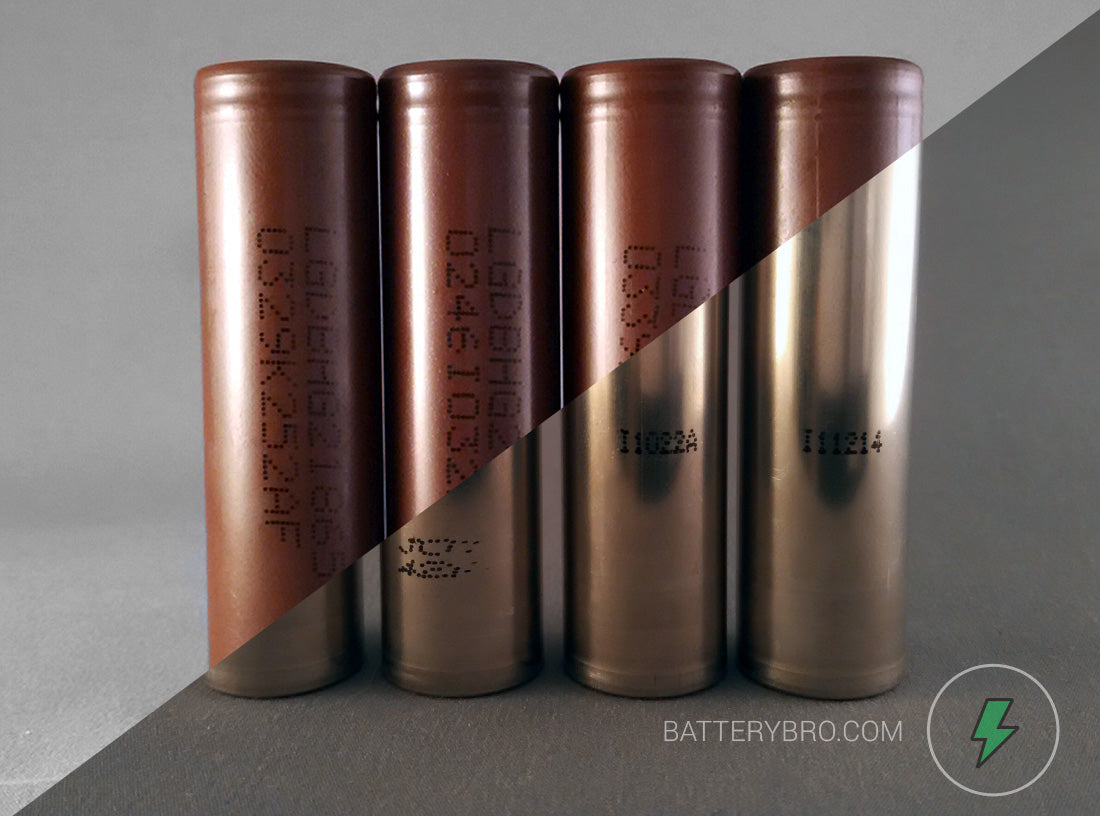

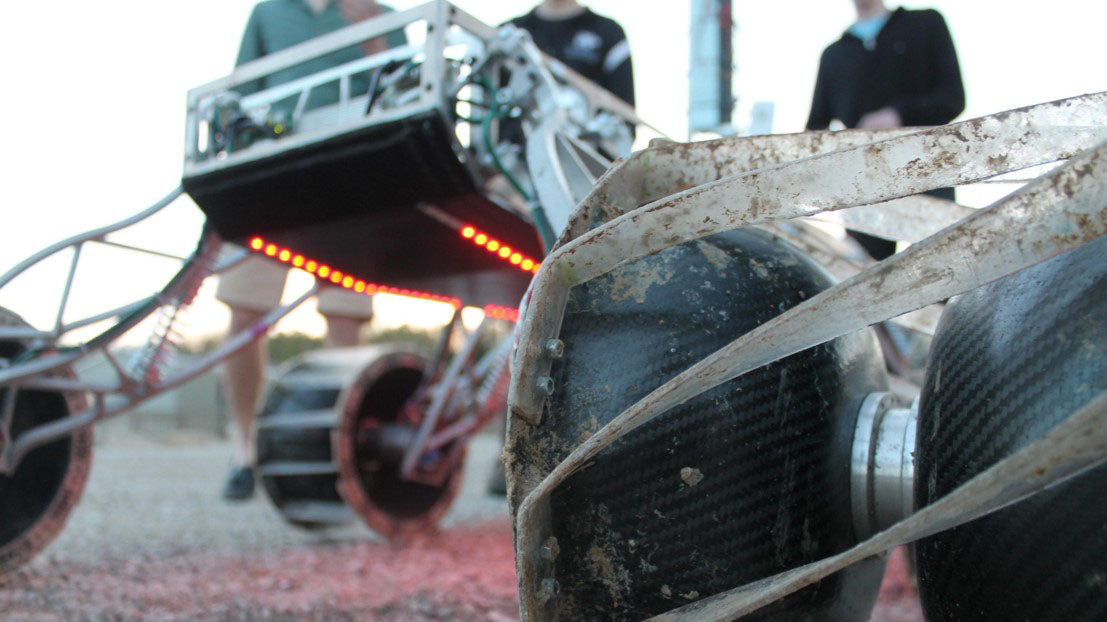

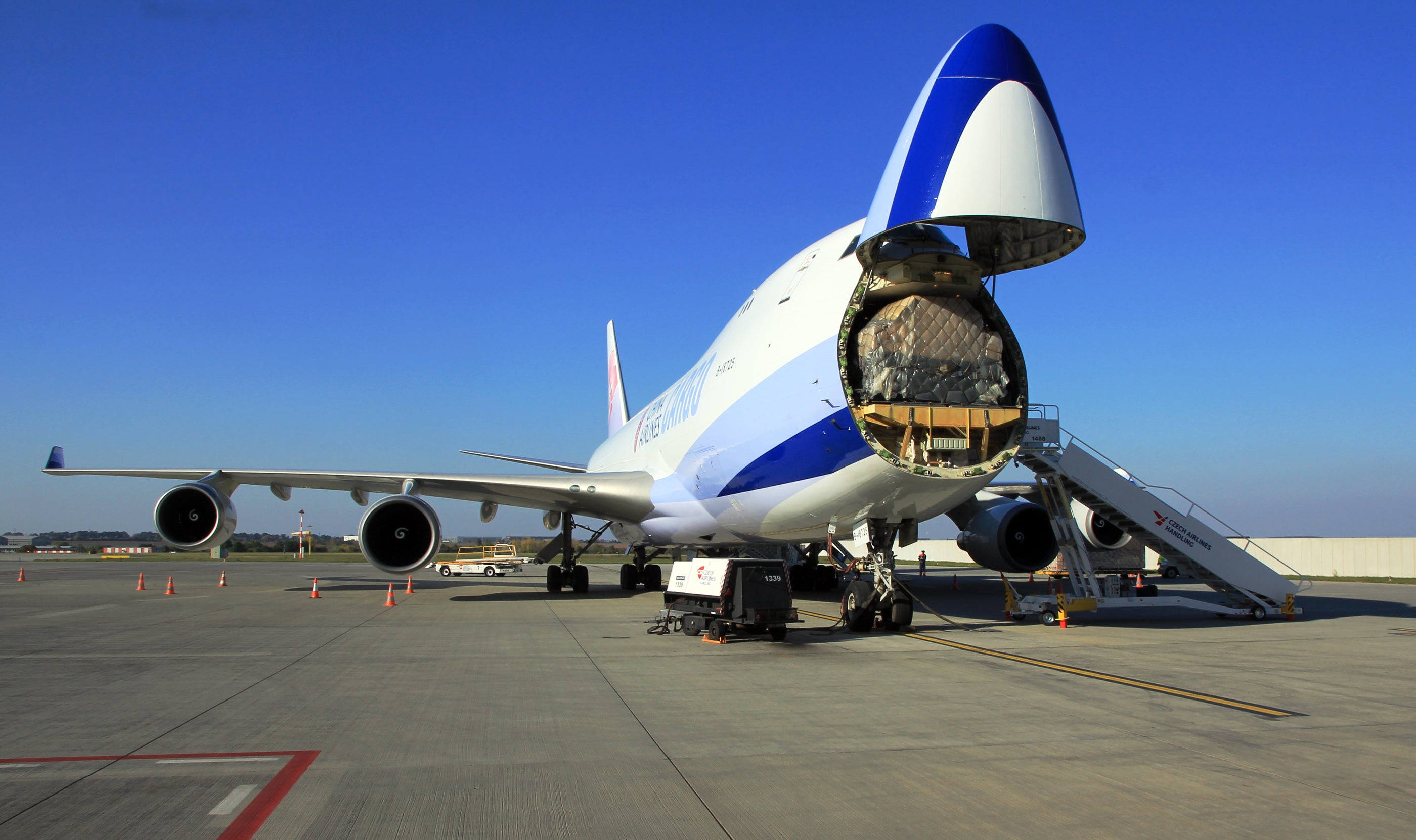
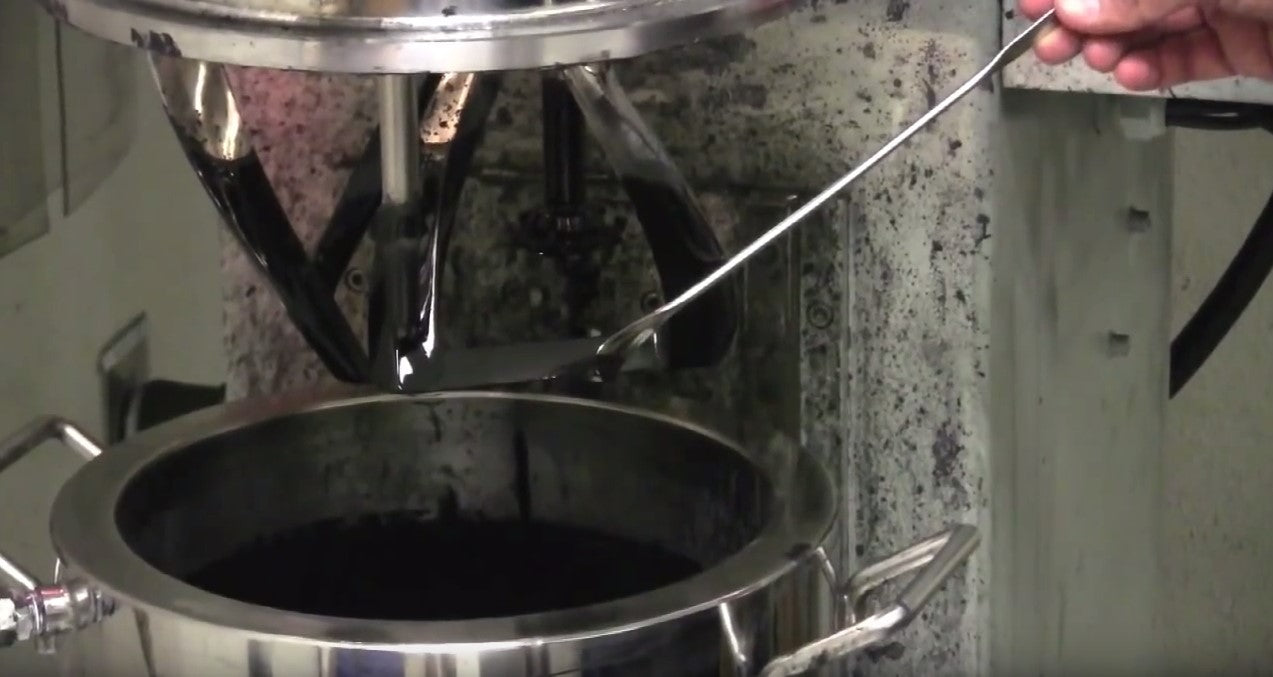
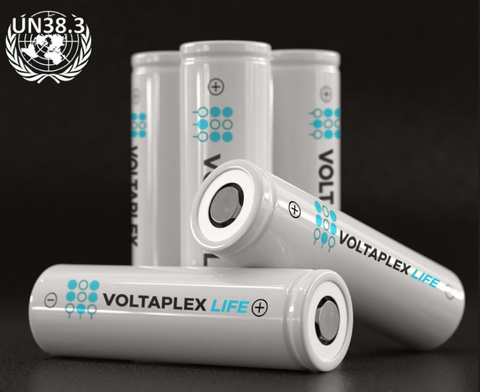
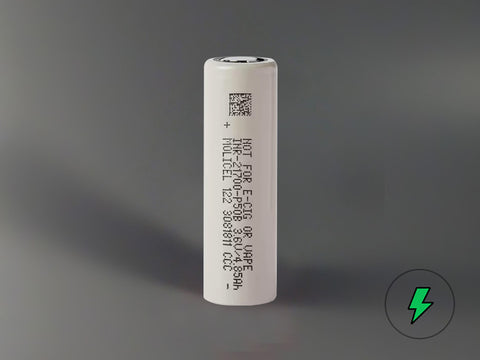
Comments
Ivan Sinigaglia on August 14 2019 at 01:13AM
Hi. Is there anything new on this issue? I bought and e-bike Orbea Gain M30 19 and I would like to take it with me to Europe to ride some mountains. I think it is UN3171. Thanks
Daniel Walker on December 23 2018 at 12:05PM
Great blog..!!
All the information is very useful that you shared. Thank you keep sharing…